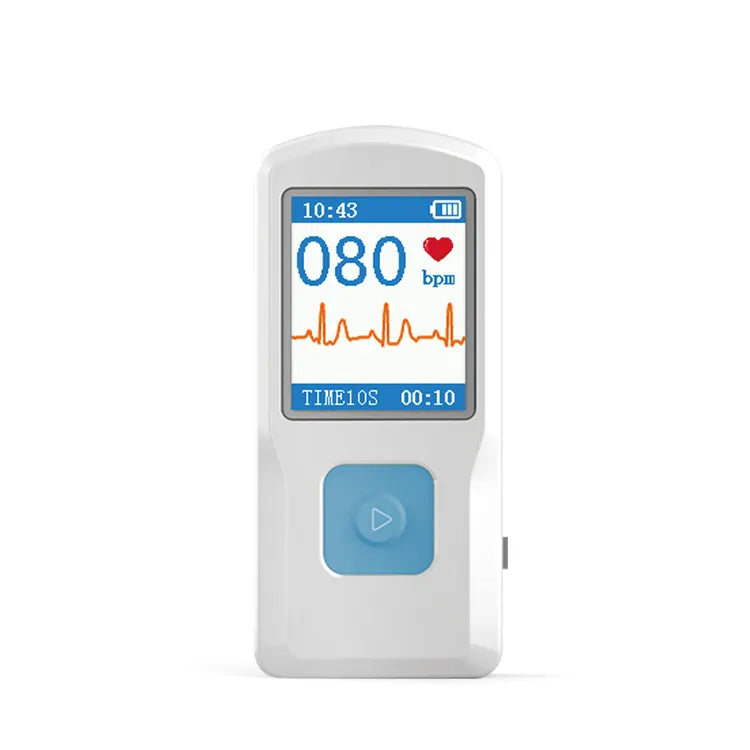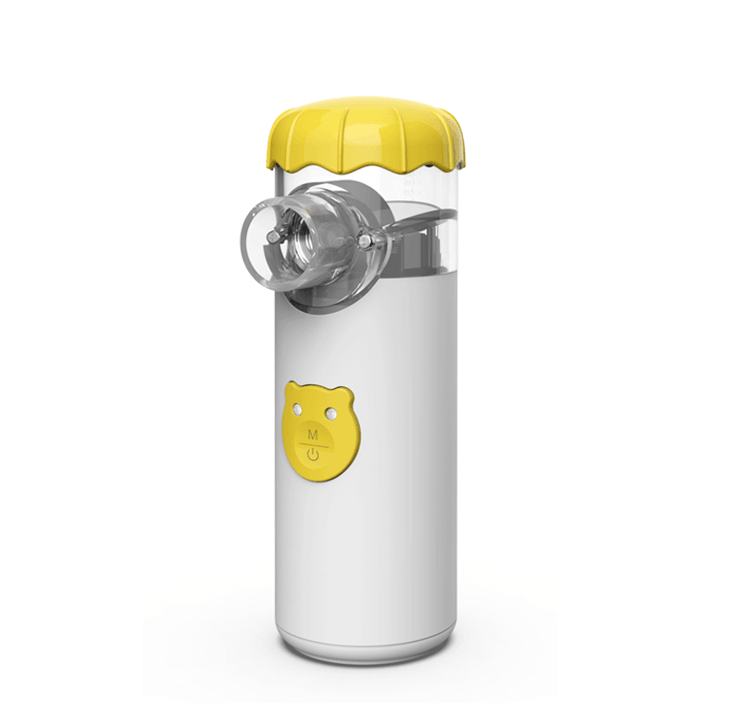Technological Innovation in the Medical Device Industry: A 2024 Overview

The medical device industry has always been at the forefront of technological innovation, but 2024 is proving to be a particularly transformative year. The convergence of advanced technologies such as artificial intelligence (AI), wearable devices, and diagnostic tools is driving a new wave of innovation that promises to reshape healthcare delivery.
As the industry navigates through regulatory challenges and market pressures, technological advancements are not only opening new avenues for treatment and diagnosis but also redefining the patient care paradigm.
2024 Medical Device Industry Overview——By MedAsia Healthcare
1. Artificial Intelligence (AI) and Machine Learning (ML):
AI and ML are revolutionizing the medical device industry by enabling more personalized and precise healthcare solutions. These technologies are being integrated into a wide range of devices, from diagnostics to therapeutic tools, enhancing their functionality and improving patient outcomes.
- AI in Diagnostics: AI-driven diagnostic tools are becoming increasingly sophisticated, capable of analyzing complex data sets to detect diseases at earlier stages. For example, AI algorithms are now being used in imaging devices to identify patterns that might be missed by the human eye, leading to earlier and more accurate diagnoses. These tools are particularly beneficial in areas like oncology, where early detection is critical to patient survival.
- AI in Wearables: Wearable devices, powered by AI, are also gaining traction. These devices can continuously monitor vital signs and other health metrics, providing real-time feedback to both patients and healthcare providers. The data collected by these wearables is analyzed using AI, allowing for early intervention and personalized treatment plans. This technology is particularly useful for managing chronic conditions such as diabetes and heart disease.
2. Wearable Medical Devices:
Wearable technology has become a significant focus in the medical device industry, with innovations aimed at enhancing patient care through continuous monitoring and real-time data analysis.
- Advanced Wearables: Devices such as smartwatches and fitness trackers are evolving into sophisticated medical tools. These wearables can now monitor a range of health parameters, including heart rate, blood glucose levels, and even detect irregular heart rhythms. For instance, wearable ECG monitors are being used to detect atrial fibrillation, a common heart rhythm disorder that can lead to stroke if left untreated.
- Integration with AI: The integration of AI into wearable devices allows for the processing of vast amounts of data, enabling predictive analytics and personalized healthcare recommendations. This technology not only improves patient outcomes by enabling timely interventions but also empowers patients to take a more active role in managing their health.
3. Innovations in Diagnostics:
The field of diagnostics is seeing rapid advancements, driven by the need for more accurate, faster, and less invasive diagnostic tools.
- Molecular Diagnostics: Companies are developing advanced molecular diagnostic tools that can detect diseases at the genetic level. These tools are particularly important in the early detection of diseases such as cancer and genetic disorders. For example, liquid biopsy technologies are emerging as a non-invasive alternative to traditional tissue biopsies, allowing for the early detection and monitoring of cancers through the analysis of blood samples.
- Point-of-Care Testing: There is also significant progress in point-of-care testing devices, which provide rapid diagnostic results outside of traditional laboratory settings. These devices are crucial in emergency situations, remote areas, or in-home care, where access to traditional lab facilities may be limited.
4. Startups and Emerging Technologies:
Startups continue to be a driving force behind innovation in the medical device industry. In 2024, several emerging technologies are gaining attention, particularly in areas like sepsis testing and heart arrhythmia treatment.
- Sepsis Testing: Sepsis, a life-threatening response to infection, requires rapid diagnosis and treatment. Startups are developing novel diagnostic tools that can detect sepsis biomarkers quickly, enabling faster treatment and improving patient survival rates. These innovations are particularly important in critical care settings where time is of the essence.
- Heart Arrhythmia Treatment: New technologies are also emerging in the treatment of heart arrhythmias, with startups focusing on minimally invasive procedures and devices that offer more effective and safer treatment options. For example, pulsed field ablation is a technique that uses electrical pulses to target and treat abnormal heart rhythms, offering a promising alternative to traditional methods.
5. Challenges and Future Outlook:
While the potential of these technological innovations is immense, the medical device industry faces several challenges in bringing these advancements to market. Regulatory hurdles, particularly in regions like the EU, can slow down the approval and commercialization of new devices. Additionally, the need for robust cybersecurity measures, particularly for connected devices, adds another layer of complexity to product development.
However, the future of the medical device industry looks promising. As technologies continue to evolve, we can expect to see even more advanced and personalized healthcare solutions that improve patient outcomes and enhance the quality of care. The key will be navigating the regulatory landscape and ensuring that these innovations are accessible to the patients who need them most.
Conclusion
In conclusion, 2024 is shaping up to be a landmark year for technological innovation in the medical device industry. From AI-driven diagnostics to advanced wearables and cutting-edge startups, the industry is poised to deliver groundbreaking solutions that will transform healthcare for years to come.
WE RECOMMEND
Related posts
- Subscribe MedInsights
- Subscribe MedInsights
- Subscribe MedInsights
- Subscribe MedInsights
- Subscribe MedInsights















